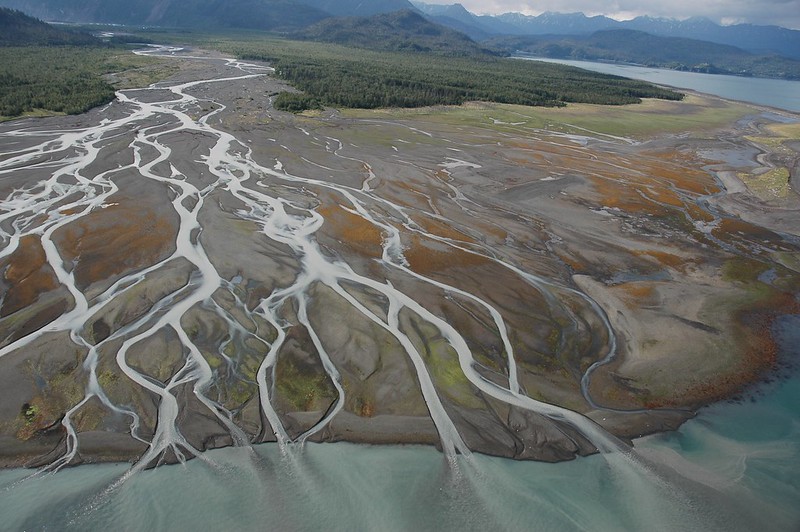Why is ensuring maritime security considered the key to safeguarding India’s strategic and economic well-being? What is the significance of the Maritime Anti-Piracy Act in this regard?
The ocean's salinity, or the amount of dissolved salts in its water, isn't uniform and is constantly being influenced by various factors. Some of the natural and human-caused factors that affect the ocean's salinity budget are: Natural Factors: Precipitation and River Runoff: Freshwater from rain anRead more
The ocean’s salinity, or the amount of dissolved salts in its water, isn’t uniform and is constantly being influenced by various factors. Some of the natural and human-caused factors that affect the ocean’s salinity budget are:
Natural Factors:
- Precipitation and River Runoff: Freshwater from rain and rivers are continually diluting the salinity, especially near river mouths and in areas with high rainfall.
- Sea Ice Formation and Melting: As sea ice forms, saltier water is left behind, increasing salinity. Conversely, melting ice is adding freshwater and lowering salinity. This is especially important in polar regions.
- Evaporation: Evaporation is concentrating salts in the remaining water, making salinity higher in areas with high evaporation rates.
- Wind: Wind is moving surface water around, influencing salinity distribution. Strong winds can also cause upwelling, bringing saltier deep ocean water to the surface.
- Ocean Currents: Global ocean circulation patterns are playing a major role in distributing salt throughout the oceans.

Anthropogenic Factors:
- Climate Change: Rising global temperatures can increase evaporation rates in some areas, concentrating salts. Additionally, melting glaciers and ice sheets are adding freshwater, potentially affecting salinity in certain regions.
- Dam Construction and Water Diversion: Dams on rivers can reduce the amount of freshwater reaching the ocean, impacting salinity levels near river mouths. Water diversion for irrigation can also be contributing to this effect.
- Pollution: While not a direct impact, some pollutants can be altering ocean chemistry and indirectly affecting salinity.


The idea of maritime security is wide and includes “economic growth, human security, marine life, and national security.” India has an extensive coastline of 7,500 km, therefore safeguarding its maritime security is essential for preserving both its strategic and economic interests. Major reasons foRead more
The idea of maritime security is wide and includes “economic growth, human security, marine life, and national security.” India has an extensive coastline of 7,500 km, therefore safeguarding its maritime security is essential for preserving both its strategic and economic interests.
Major reasons for ensuring India’s maritime security:
Significance of the Maritime Anti-Piracy Act: This Act aims to deter maritime piracy and prosecute those who commit crimes linked to it. As the Indian Navy concluded 100 days of “Operation Sankalp,” Navy Chief Admiral R. Hari Kumar praised the Maritime Anti Piracy Act, saying it has been a “great enabler” and is one of the reasons we have been successful.
See less